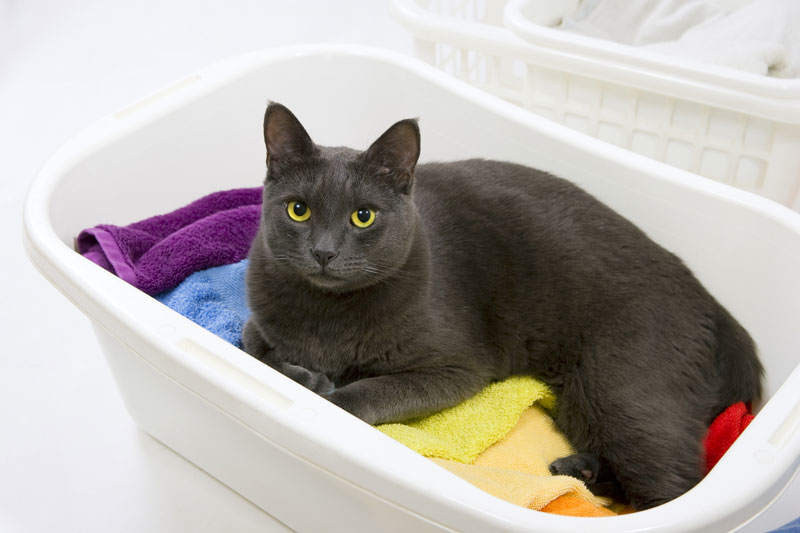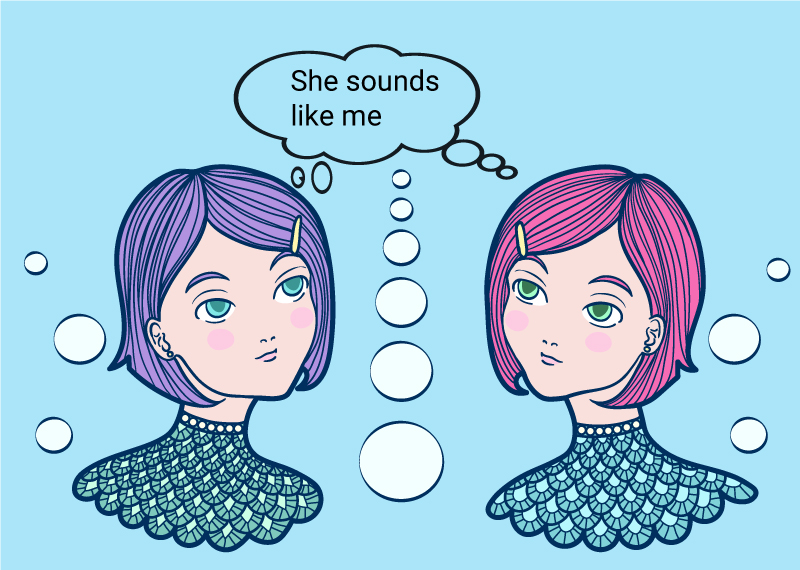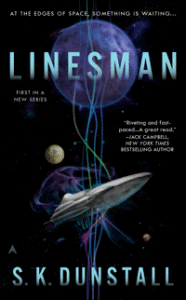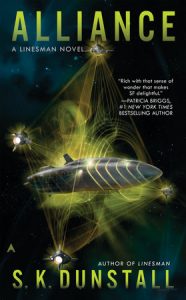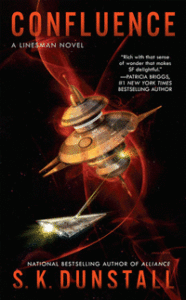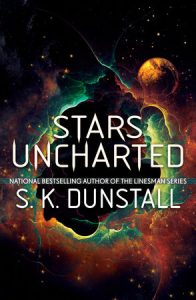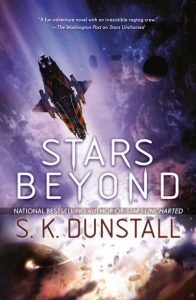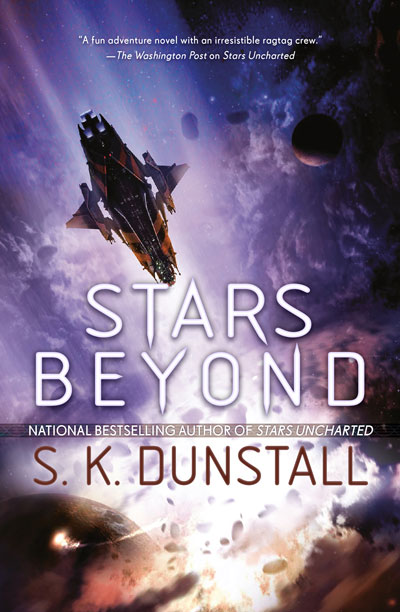
A reader asks:
When Gruen comes aboard her ship luckily all went fine.
But what if Ean hadn’t said, “Don’t kill,” through the lines and she had not listened to humans and killed Radko and Ean?
How would the Gruen lines feel with Ean dead, especially line eight which could have saved him, but did not want to contradict its Ship? How would the other lines feel with Ean dead? Or would the other eights save him? After all they are not captain Gruen bound as is the Gruen.
We know how important the captain is, but how important is one of their lines? Line nine did not care about Ean’s panic in the void, all that mattered was Kari Wang.
Just curious. Ean would never hurt the lines, but what if Gruen had killed him (if Ean had forgotten to tell her no shoot through the lines)?
We thought this would be easy to answer, until we started to think about it, and it generated a lot of discussion in our writing household.
Instinctively, we felt the lines would save line twelve. But they wouldn’t.
As our reader pointed out, in the void the Eleven listened to Kari Wang over Ean, and we know that if Wendell wanted his ship to do something against Ean’s wishes, Wendell would win out, for certain.
We digress here to note that Kari Wang and the Eleven bonded very quickly. We think that’s because Kari Wang had been on a ship (with a good relationship to it) not long before and was already open to the lines. Both were grieving their lost crews, both were used to and ready for a ship/’ship’ relationship.
So yes, after a point, the captain’s commands would win out over Ean’s if the meld between ship and ‘ship’ was strong enough.
But how would the lines cope with a conflict between captain and line twelve? Especially if they killed Ean. It would create a conflict. They don’t want to destroy line twelve. Other ships don’t want them to destroy line twelve.
One crazy ship in the making.
